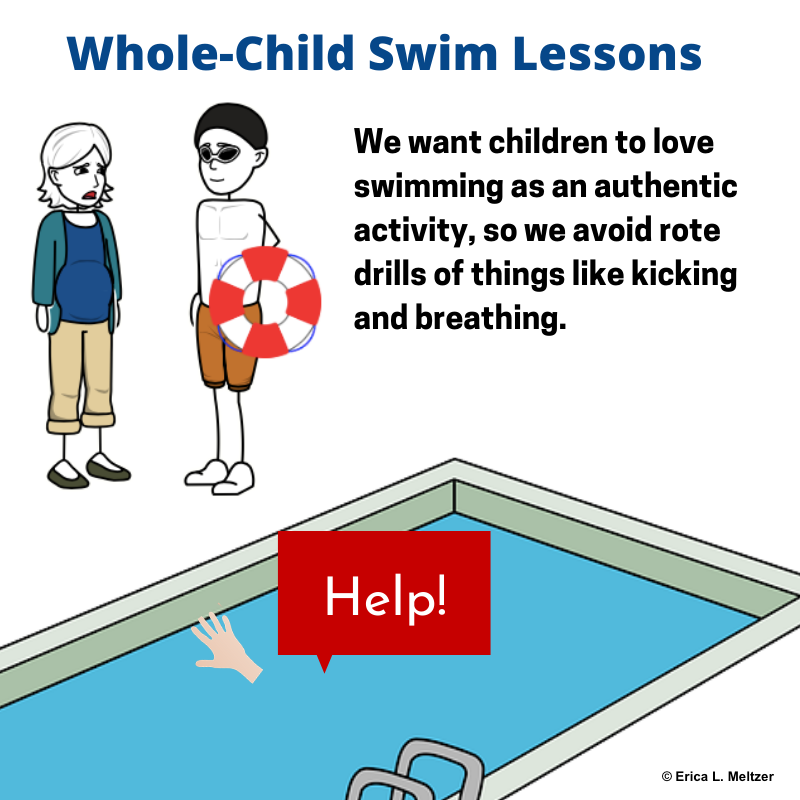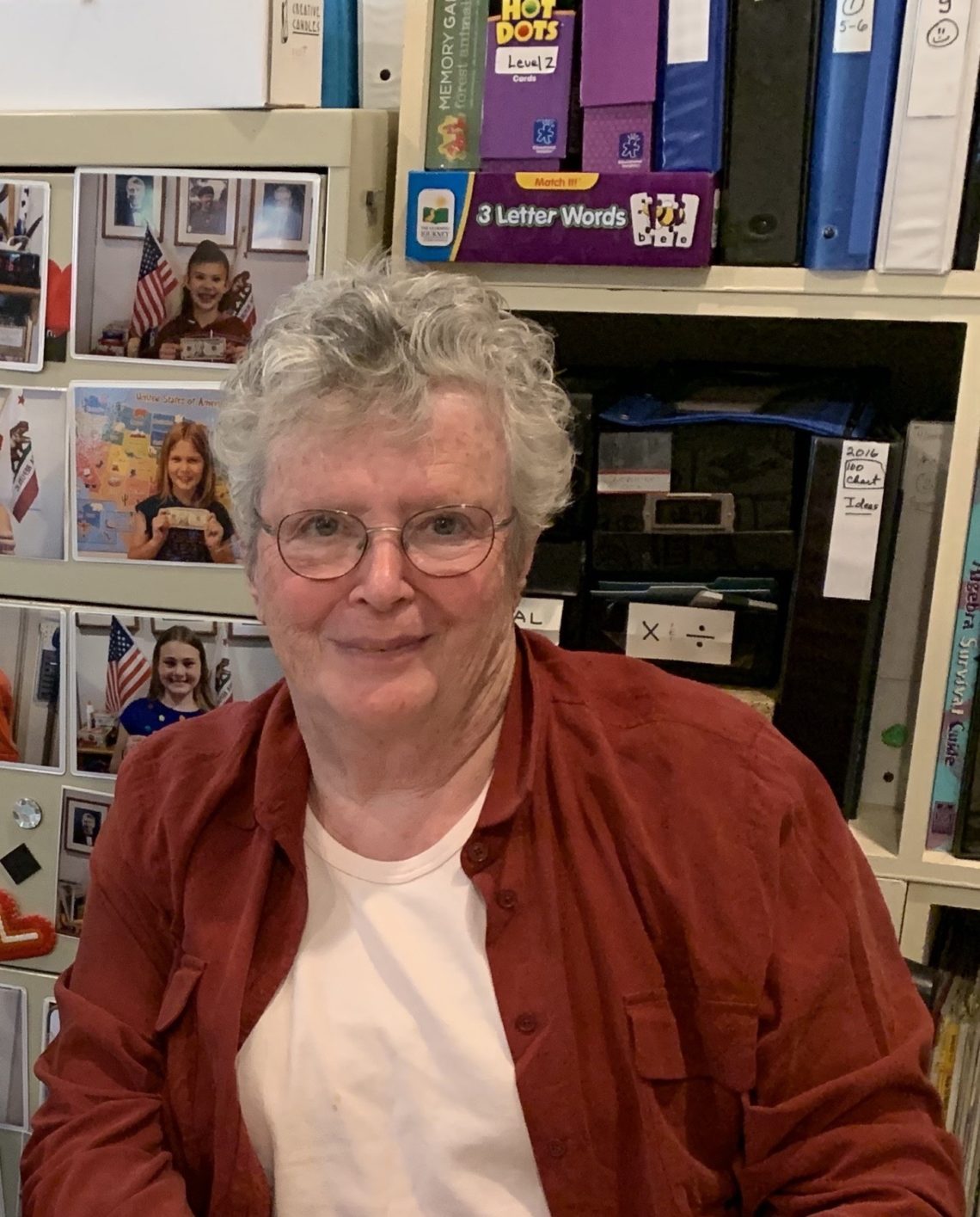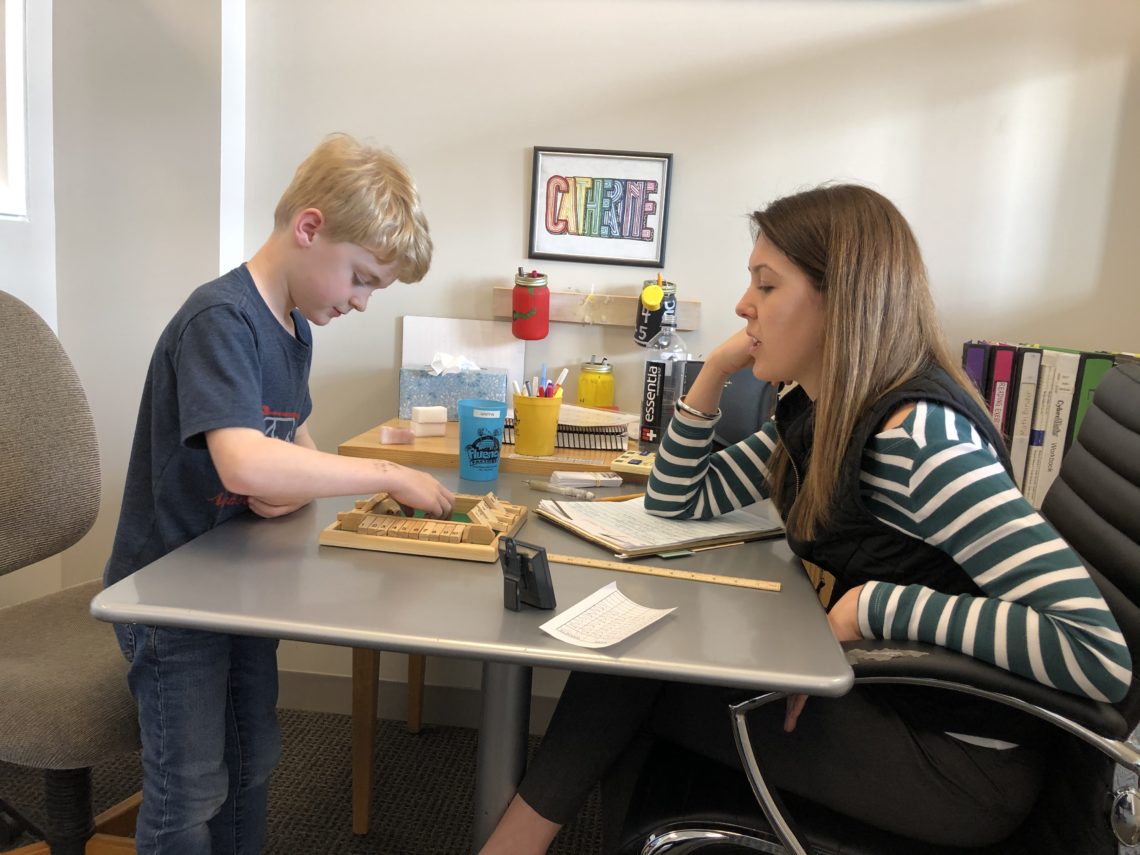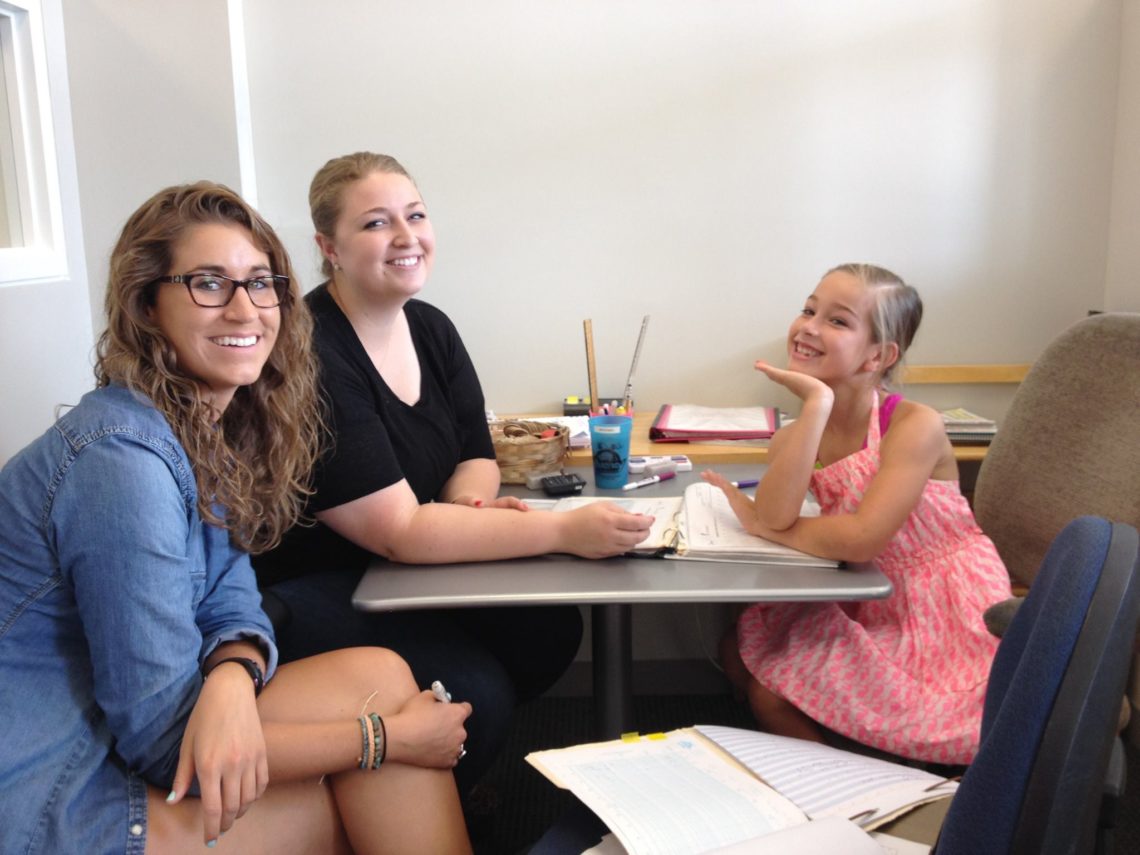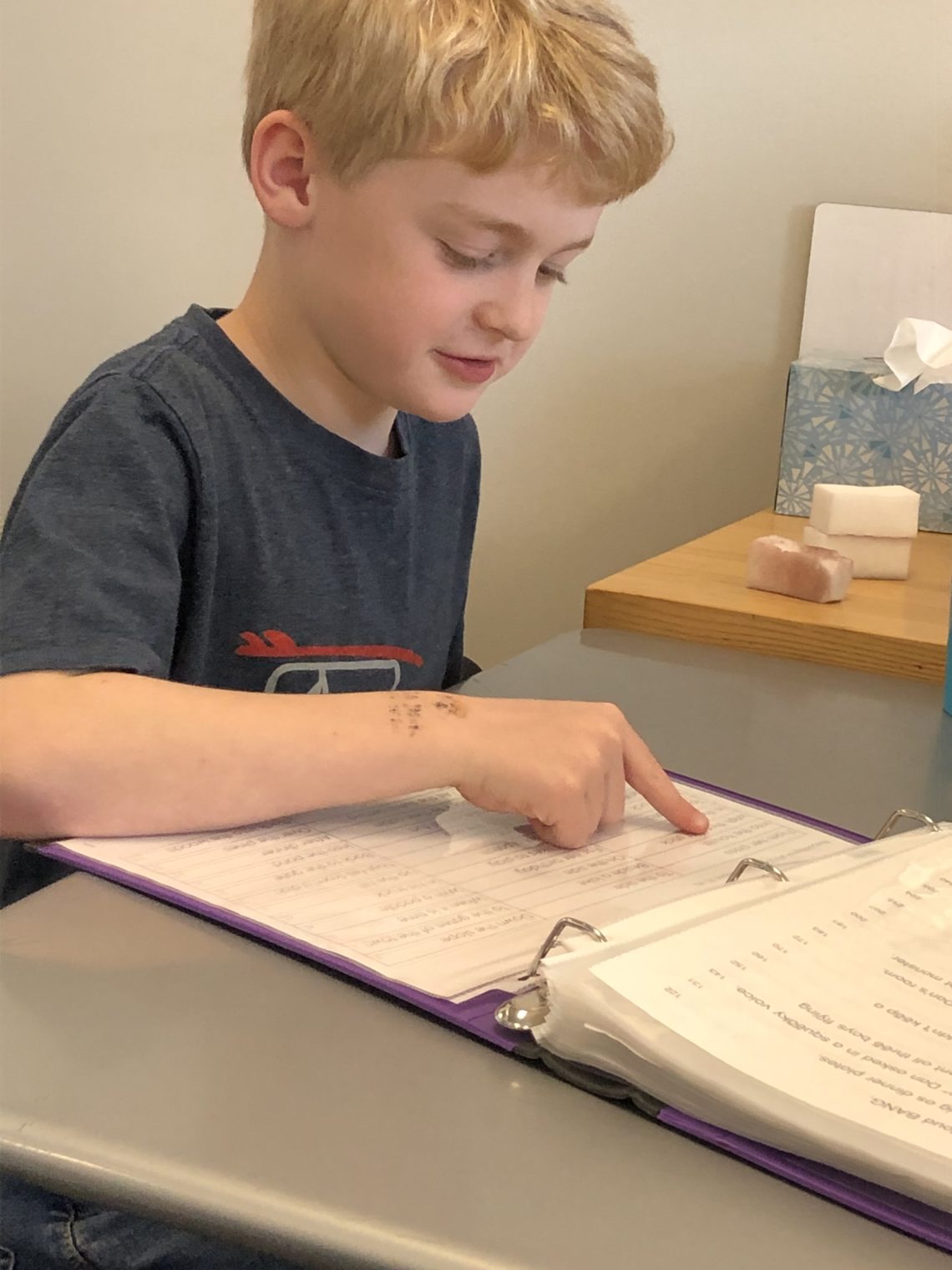There are increasingly wonderful pieces now on the web about reading instruction. Each of them possess strong and thoughtful ideas about how to teach reading down to the tiny elements that make it work. This is an enormous improvement over the previous “mysterious and magical” way that teachers thought children learned to read. “Give the child an authentic text and she/he will automatically LEARN” was a dangerous and widely believed poison that harmed almost half of our children. Now we know about all these elements that function as the critical pieces of learning to read. But most of the materials out there, while frequently citing the importance of fluency, do…
-
-
Orton-Gillingham Thoughts
This column has been working itself out through my brain for months now. It starts here. Some years back I assessed a 5th-grade student, Jessica, and was very impressed with her skills. She could read seemingly effortlessly to the 12th grade level, and her math skills for all basics were at a high school level as well. She was going to prepare to take a test to enter a very competitive private school. When her mom returned to talk about the assessment told her how impressed I was with Jessica’s skills. But she shocked me by saying, “Yes, she can read to the 12th grade level, but her reading comprehension is at…
-
Royal Jelly
This column has been in process for over two years. It grew from thinking about the way Royal Jelly determines the life roles of bees. It is a special substance that goes to all bees—but some get more than others. What this fact of simple biology made me think about was something I see each day. In our society there is a similar treatment, a special potion that admits the young person into the inner circle. For us, Americans in the 21st century, that special potion is learning to read. Without it a child will be stunted and sterile—left behind and closed out. A child may become sad and withdrawn, or…
-
The Sorceress
Elizabeth Haughton sent Jean Tucker to me. She told Jean that I could teach her to chart her student’s performance on the Standard Celeration Chart, and Jean came down to Hingham from Exeter, NH and spent a day with me learning to chart. She found it confusing and frustrating at first, but quickly got the hang of it. Jean was and continues to be the most knowledgeable and inquisitive language and reading expert I have ever met, and that meeting was the beginning of an important friendship. Jean was happy to learn to chart and went back to her learning center in Exeter and made Precision Teaching a part of…
-
The Learning Metric
Charting—Navigating Life Changes and Learning Part 1 We know when we get in a car and step on the accelerator that we are moving—we can see the instruments and feel the acceleration. But when we send our child to school we don’t have that same experience. We don’t always know what is happening, and there are no immediate updates. But there could be! What if there was a way to see whether a person is learning—learning to a high level—while the process is going on. What if this instrument for navigating education were simple, accessible and transparent? What if this instrument made it possible to gauge human performance at every…
-
Building a Learning Momentum
I have been strongly influenced by several behavioral scientists over the years; Murray Sidman, Ogden Lindsley and Tony Nevin, along with my personal guru, Eric Haughton. These researchers helped me better understand the critical nature of positive reinforcement immediately linked to a behavior. Because reinforcement is so critical, and because the absence of it in early school experiences is so damaging, I am writing this column. My daughter Caitlin was one of the youngsters who had an early bad experience at school. By the beginning of October in first grade Caitlin had stomachaches five days a week, but woke up without pain on Saturday and Sunday. Her face showed the…
-
The Residue of Failure
One of our students, lets call her Rose, has flourished all summer. Every week she has grown stronger, more able in everything she works on. Her successes have brought her the most charming, lovely smiles, and she practically glows as she works on her reading. As we work with her we each find ourselves raising the bar, expecting more, and constantly getting it. Sometimes she seemed like Icarus, spiraling continuously upward, flying higher and higher. Her work had been so amazing, her progress so rapid, that we never saw the residue of failure, lurking in the shadows of her mind. Until one day, in raising the bar, Amy, asking for more…
-
The Lasting Danger
“In the simplest terms “Whole Language” is a method of teaching children to read by recognizing words as whole pieces of language. Proponents of the Whole Language philosophy believe that language should not be broken down into letters and combinations of letters and “decoded.” Instead, they believe that language is a complete system of making meaning, with words functioning in relation to each other in context.’ Dr. Monica Bomengen I planned a different column to begin with, but this column, the one I wanted to write, would not leave me alone. I had a week in which thoughts about this topic seemed to permeate my waking mind. So here goes. If you…
-
The Say and Spell Exercise: A Secret Worth Sharing
I am now sharing a secret that has had an immense impact on many of our students. I feel this exercise is so important that I am going to share it with this column, and thereby give it to anyone who reads it. Some years ago, I had a student who was struggling with reading—he was an 8th grader who was reading at 5thgrade level– and reading very slowly. We taught him decoding skills quickly, and his ability to read challenging materials improved rapidly. But we couldn’t celebrate, because his reading fluency remained mired at 100 wpm. We tried having Chris come up through our easier materials to build his reading speed, which…
-
The Haunting Face
It was the face more than anything else–the face that got up on Monday looking sad and pinched. It wasn’t the stomachaches at first; it was that face. Caitlin had always been in constant happy motion. The best hugger, the best climber, the most loving and thoughtful little girl. Now that happy face was sad from Monday to Friday every week. She was in first grade. Now she is about to turn 30. She has been married for two years to a wonderful young man, she has her doctorate in Physical Therapy, and she IS a working physical therapist. She decided that she wanted to be a PT when she…

